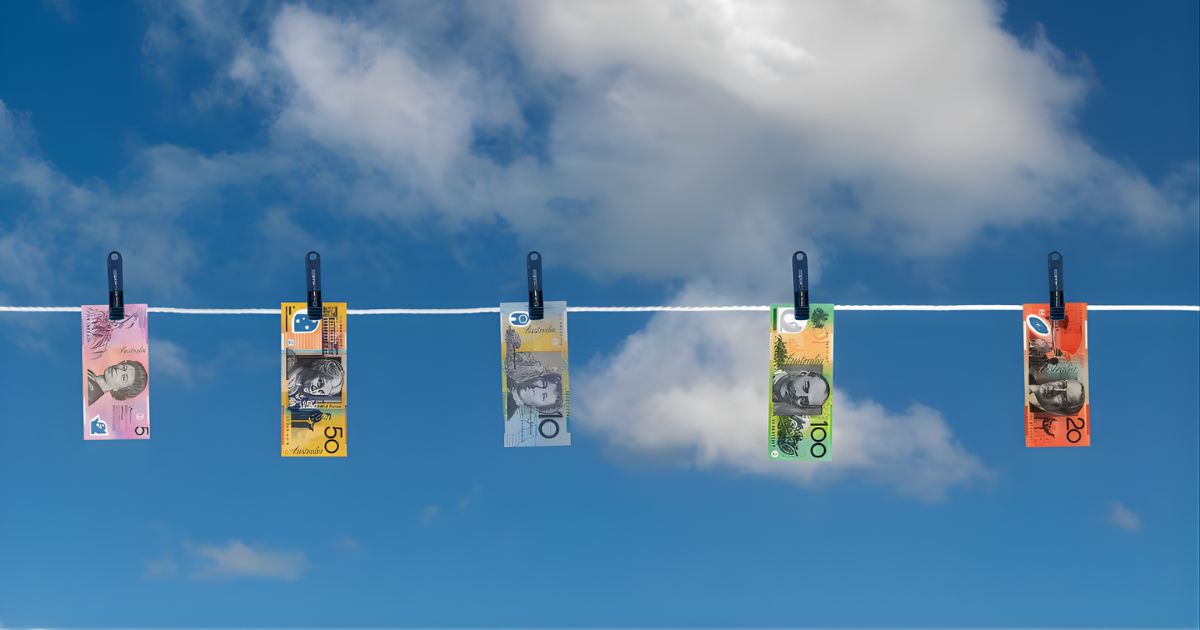Property or shares: Is the Australian investment dream changing?

Property investments appear to be on the wane with younger investors as house prices rise: the number of those expecting property will be their biggest investment at retirement is half that of older Australians. So is our love affair with property changing?
Higher property prices may be affecting the investment strategies of younger investors, with half as many Australians under 50 expecting property to be their biggest investment when they stop working, compared with their older counterparts, new research from Colonial First State shows*.
Only 11% of younger Australians predict property will be their biggest investment, excluding the family home, compared with 21% of Australians aged 50 to 64, Colonial First State data on Australia’s investing habits reveals.
The change comes despite a potential tendency to overestimate the growth associated with residential property investments.
Australians expect residential property to return 9% a year on average, the data shows, while Australian shares and managed funds were expected to return 7% and exchange-traded funds were expected to return 8% on average.
Property price values and rental yields on residential property, particularly, are highly dependent on the specific property purchased.
However, according to the Australian Bureau of Statistics, house prices grew 3.5% nationally in the year to 30 June 2025 ^. According to IBISWorld, residential rental yields averaged 3% in the five years to 2024#.
Australian shares were up 13.7% over the year to 30 June 2025, while unhedged global shares grew 18.7% over the same period**.
On an annualised basis, Australian shares have returned 7.9% since 2005##.
Where do Australians want to invest and why?
While younger Australians are less confident that property will be their major choice of investment, it remains the aspirational investment choice for Australians in general.
One in five Australians would choose property if they could only invest in one thing, while shares were the next most popular investment type, nominated by one in eight.
However, shares are currently our most popular investment choice after money in the bank, held by 29% of all investors – twice as many people as property (15%).
So why does property still have such a hold on us?
Much of it, we pick up from our parents.
Of those who believe that property should be our first investment, more than half learned this from family or friends.
Australians also associate property with security: 37% nominated the role of property investments as providing financial security, along with long-term capital growth (33%).
Shares were more likely to be seen as a way to diversify an investment portfolio, nominated by 32%, followed by providing growth over the long term (30%) – although wealthier investors were much more likely to see shares as a driver of growth.
However, just 13% were advised to invest in property first by their financial adviser. And just one in five Australians generally has a financial adviser.
So are property prices forcing a rethink of investing strategies?
Younger Australians are more likely to nominate shares or ETFs as their top investment at retirement, seeking growth and diversification, the data shows.
For Australians aged under 50, shares and ETFs were the most nominated investment choice people expected to hold at retirement, after money in the bank.
It has been estimated that it now takes the median household over 10 years to save a 20% deposit for the median priced home, which surpassed $1 million last year^^.
Conversely, it was well understood by about 70% of younger, as well as older investors that you could invest in shares with amounts as small as $1,000, which may be driving the increased adoption of equities through buying shares and ETFs.
* Research commissioned by Colonial First State and conducted with more than 2250 Australians from April to June 2025.
^ Household wealth up 2.7% in June quarter | Australian Bureau of Statistics
#Residential property yields – Business Environment Profile Report | IBISWorld
** CFS Investments data includes: Benchmark performance annualised for periods greater than one year is shown for: Bloomberg AusBond Bank Bill Index; Bloomberg AusBond Composite 0+ Yr Index; Bloomberg Global Aggregate AUD Hedged; S&P/ASX 300 Accumulation Index; MSCI ACWI Ex-Aus Index Special Tax Net AUD Unhedged; MSCI ACWI Ex-Aus Index Special Tax Net AUD Hedged, MSCI Emerging Markets (AUD), FTSE EPRA/NAREIT Dev ex Aus Rental Index AUD Hdg Net and FTSE Dev Core Infrastructure Index AUD Hdg Net.
^^ Housing Affordability Report
## RIMES, Colonial First State. Data from 30 June 2005 to 30 June 2025. Percentage return over rolling one year. S&P/ASX 300 Accumulation index. The index returns cannot be directly compared to an individual Colonial First State fund’s return for many reasons such as they do not include allowances for fees or taxation and do not reflect the asset allocation or stocks held now or over time. Past performance is no indication of future performance.
Source: Colonial First State



